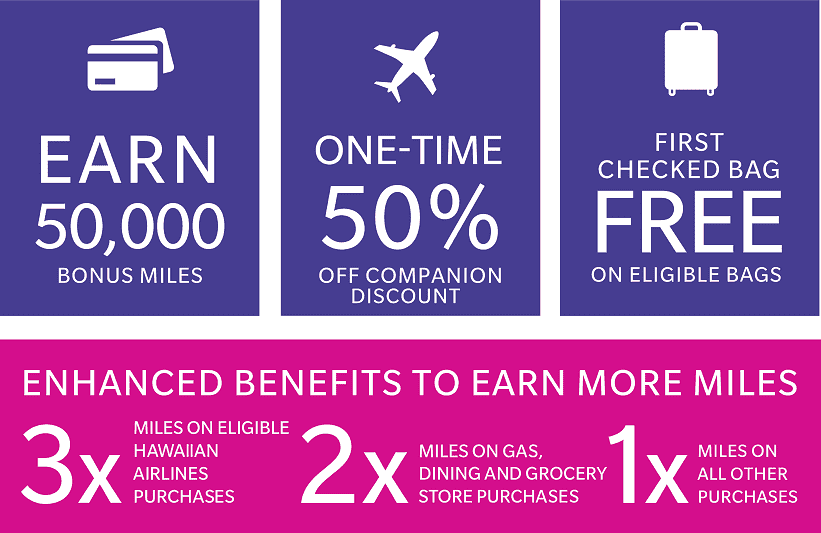Senior discount flights offer significant savings for older travelers. This guide explores the intricacies of finding and booking these discounted airfares, from understanding eligibility requirements to navigating airline policies and exploring alternative travel options. We’ll delve into the various discounts offered by different airlines and travel agencies, helping you maximize your savings and plan a comfortable and affordable trip.
Securing affordable air travel is a key concern for many seniors, and understanding the nuances of senior discounts can significantly impact travel plans. This guide provides a comprehensive overview, equipping you with the knowledge and strategies to navigate the process successfully.
Eligibility and Requirements
Securing a senior discount on flights typically involves meeting specific age criteria established by individual airlines. While the exact age may vary, understanding these requirements is crucial for accessing potential savings. This section details the common age thresholds and necessary documentation.
Airlines generally offer senior discounts to travelers who have reached a certain age, usually between 60 and 65 years old. However, this is not universally consistent. Some airlines may start their senior fare programs at 55, while others might set the minimum age at 65 or even higher. It is always advisable to check directly with the specific airline you intend to fly with, as their website will contain the most up-to-date and accurate information regarding their senior citizen discount program.
Age Requirements for Senior Flight Discounts
The most common age requirement for senior discounts on flights is 65 years old. Many major airlines, both domestic and international, utilize this age threshold. However, a significant number of airlines offer these discounts at age 60, providing a wider range of access for older travelers. A smaller subset may have programs beginning at 55, though this is less common. The variation highlights the importance of verifying the specific airline’s policy before booking. For example, while American Airlines might offer discounts at 65, Southwest might offer them at 62.
Required Documentation and Proof of Age
Airlines often require proof of age to verify eligibility for senior discounts. This typically involves presenting a valid government-issued photo ID, such as a driver’s license or passport, upon check-in or during online booking. The identification must clearly display the traveler’s date of birth to confirm they meet the airline’s age requirement. Failure to provide sufficient proof of age may result in the discount being revoked and the passenger being charged the full fare. Some airlines may also accept other forms of identification, such as a senior citizen’s card, but this is not universally accepted. Always confirm the acceptable forms of identification with the airline before your trip.
Exceptions and Special Considerations
While most airlines adhere to a straightforward age-based system, some may have exceptions or specific programs. For instance, some airlines might offer discounts to members of specific loyalty programs, regardless of their age. These programs often require accumulating a certain number of miles or frequent flyer points, which may not be directly related to age. Additionally, some airlines may partner with senior citizen organizations or travel agencies to offer exclusive discounts or bundled packages. These specialized programs can provide additional savings opportunities beyond the standard age-based discounts. Always check the airline’s website or contact their customer service for detailed information about any potential exceptions or special offers.
Alternative Travel Options
Securing affordable airfare for senior travelers often requires exploring options beyond standard flight bookings. Several strategies can significantly reduce travel costs, making air travel more accessible for those on a budget. These strategies leverage various travel industry practices and cater to the specific needs of senior citizens.
Exploring alternative travel options can unlock significant savings and enhance the overall travel experience. This involves a strategic approach to booking, choosing travel times, and utilizing loyalty programs designed to reward frequent travelers.
Package Deals
Package deals, combining flights and accommodation, frequently offer considerable savings compared to booking flights and hotels separately. These packages are often bundled by travel agencies and online platforms, leveraging bulk purchasing power to negotiate lower prices. For example, a package deal might include a round-trip flight to a popular vacation destination and a week’s stay at a three-star hotel, offering a significantly lower overall cost than booking each element individually. Many travel websites specialize in senior-focused packages, offering tailored itineraries and amenities suitable for older travelers.
Off-Season Travel
Traveling during the off-season—periods outside peak tourist times—can dramatically reduce airfare costs. Demand for flights and accommodations is lower during these periods, resulting in lower prices. For instance, traveling to a popular beach destination during the shoulder seasons (spring or fall) rather than the peak summer months can result in substantial savings on flights and hotels. This strategy requires flexibility in travel dates but can lead to a more tranquil and cost-effective vacation.
Loyalty Programs
Many airlines and hotel chains offer loyalty programs that reward frequent travelers with discounts, upgrades, and other perks. Senior citizens who travel regularly can benefit significantly from accumulating points or miles, which can be redeemed for free or discounted flights and accommodations. For example, airlines often offer complimentary checked baggage or priority boarding to members of their loyalty programs, adding to the overall value proposition. Participating in these programs requires careful consideration of the terms and conditions, but the potential rewards can outweigh the effort.
Resources for Senior Travelers
Several websites and resources cater specifically to the needs of senior travelers, providing valuable information on affordable travel options and age-friendly destinations. These platforms often offer curated lists of senior-friendly accommodations, travel tips tailored to older adults, and access to discounted travel packages. Examples include specialized travel agencies focusing on senior travel and online forums where experienced senior travelers share their tips and advice. These resources can be invaluable in planning a budget-friendly and enjoyable trip.
Factors to Consider When Choosing Travel Options
Before committing to a specific travel option, seniors should consider several key factors. These include the overall cost, including airfare, accommodation, and other expenses; the travel duration and itinerary; the level of physical activity and accessibility required; the availability of senior-specific amenities and services; and personal preferences and comfort levels. Weighing these factors carefully will help seniors choose the option that best suits their individual needs and budget.
Epilogue
Planning a budget-friendly trip as a senior doesn’t have to be daunting. By understanding the various options for senior discount flights, exploring alternative travel strategies, and carefully navigating airline policies, you can significantly reduce travel costs and enjoy a well-deserved vacation. Remember to compare options, read the fine print, and book in advance to secure the best deals.




